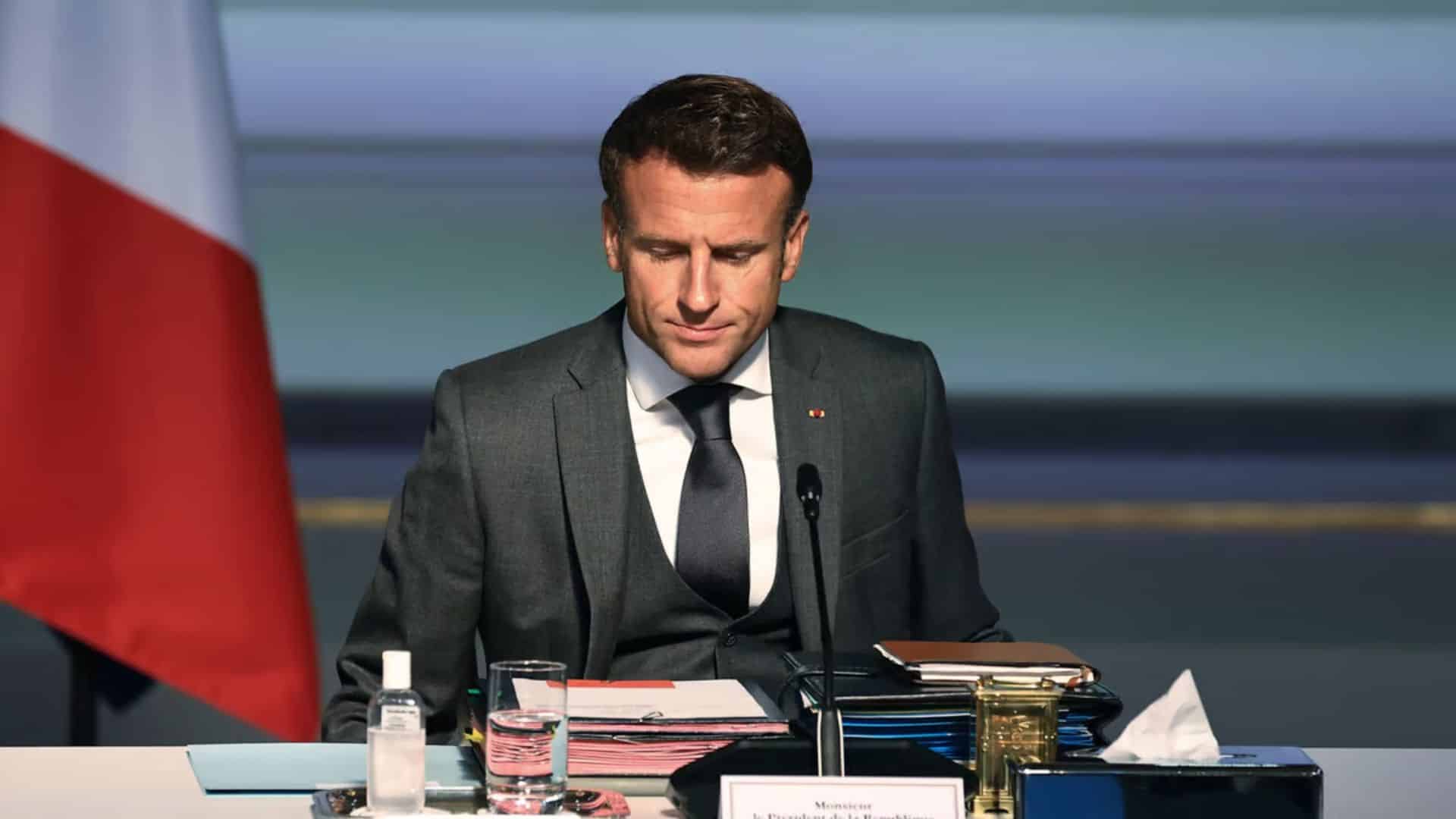
Spanish banks are awash with liquidity
Spanish banks reduced their requests for funds from the European Central Bank (ECB) by 57.4% in July, to 37,484 million euros, the lowest volume in 12 years, due to lower long-term liquidity needs, however, and only requested an injection of 2,575 million.
According to provisional data published on Monday by the Bank of Spain, the July figures are 87% lower than those for the same month in 2022, when banks’ requests to the ECB stood at 289.689 billion euros.
In the euro area as a whole, requests for funds also fell in July, but less than in Spain, falling by 42%, from 1.03 trillion to 598,335 million euros, the lowest figure since March 2017.
Excess liquidity one of the reasons for the non-remuneration of deposits
In fact, this excess liquidity is one of the reasons given by large Spanish banks for not remunerating fixed-term deposits, despite the ECB’s interest rate hike.
Excess liquidity in Spanish banks
Thus, for example, the CEO, Onur Genç, last April cooled down a possible improvement “in the short term” in the remuneration of deposits to its customers.
BBVA’s number two said that despite the rise in interest rates in the euro area, he does not believe that the remuneration of deposits will improve in the short term because there is “a great deal of liquidity”. If we also take into account that credit will not grow, this liquidity will continue to increase, so the need to pay for deposits is less.
The CEO of Banco Sabadell, César González-Bueno, expressed himself along the same lines, describing the liquidity situation of the banks as “very abundant”.
At the same time, the CEO of Sabadell recommended other alternatives to deposits, from guaranteed funds to savings insurance or life annuities, which in his opinion are more attractive than deposits.











